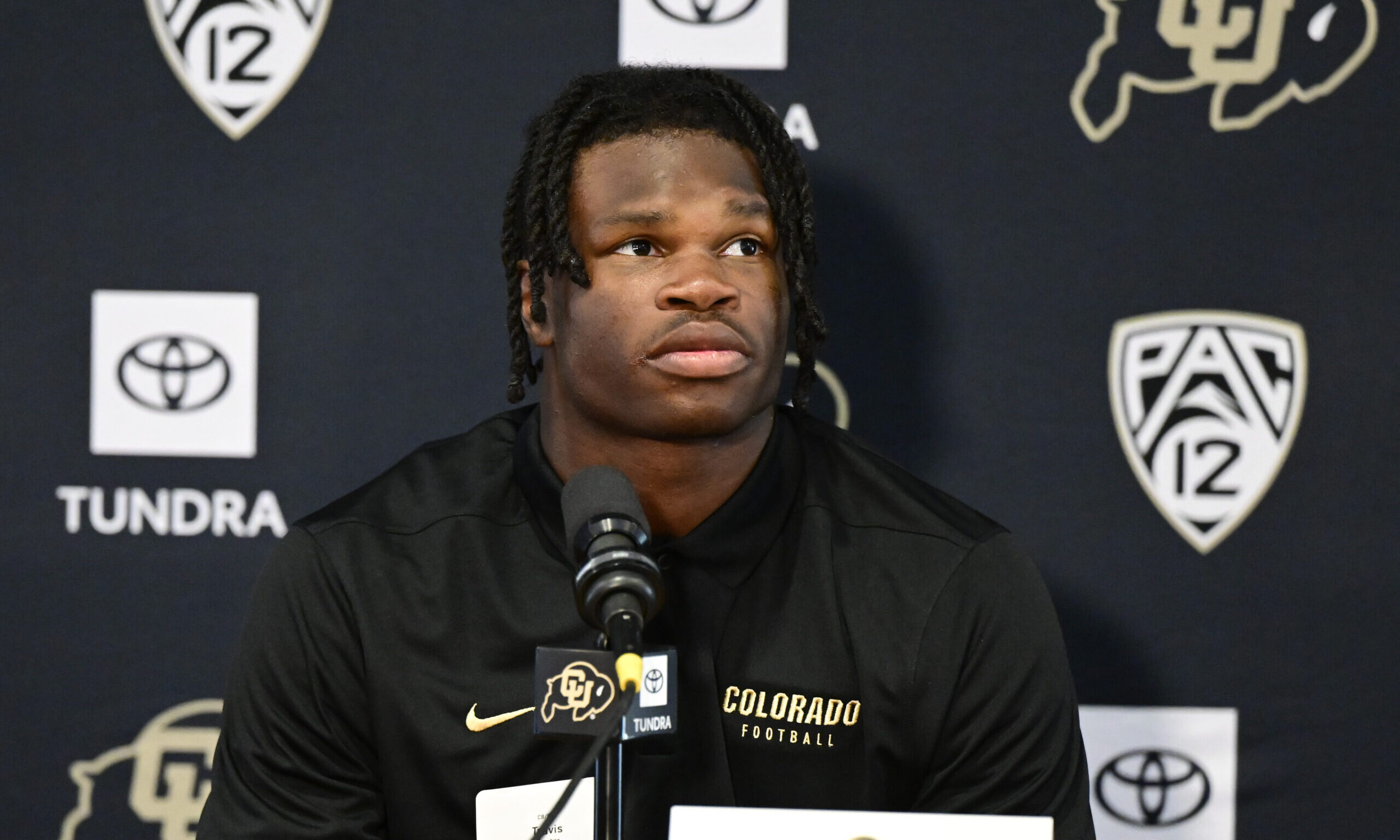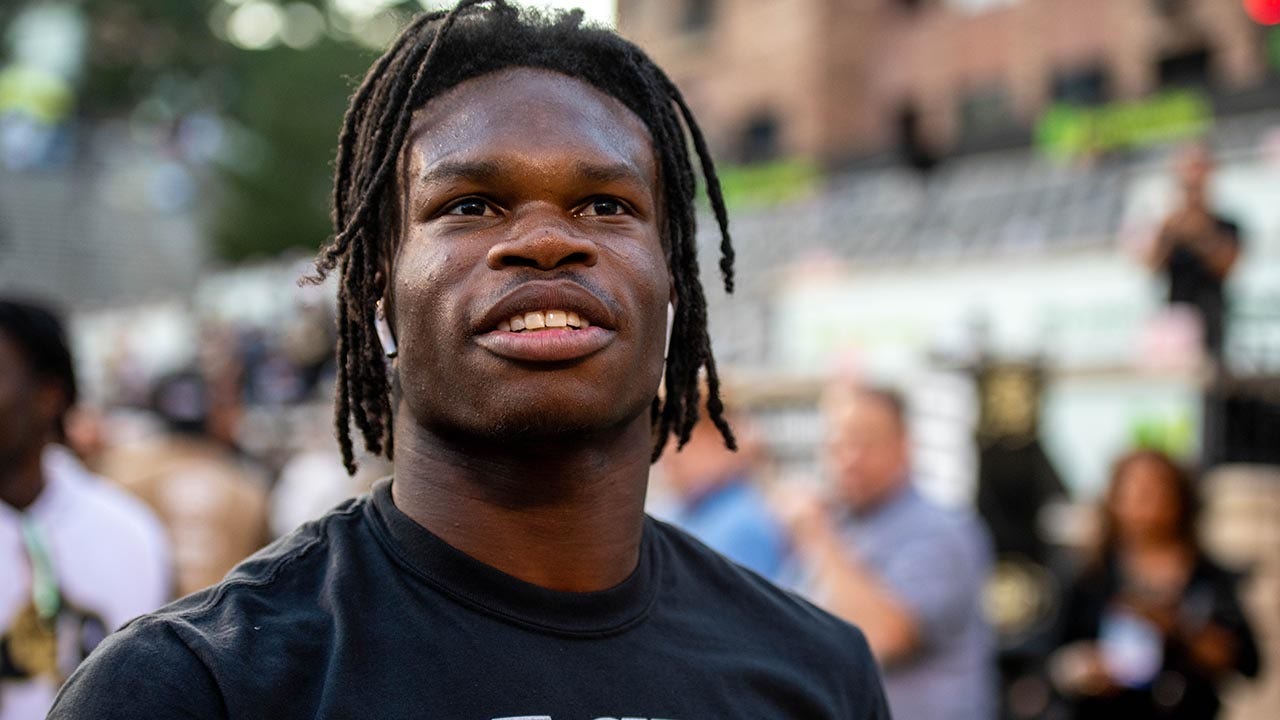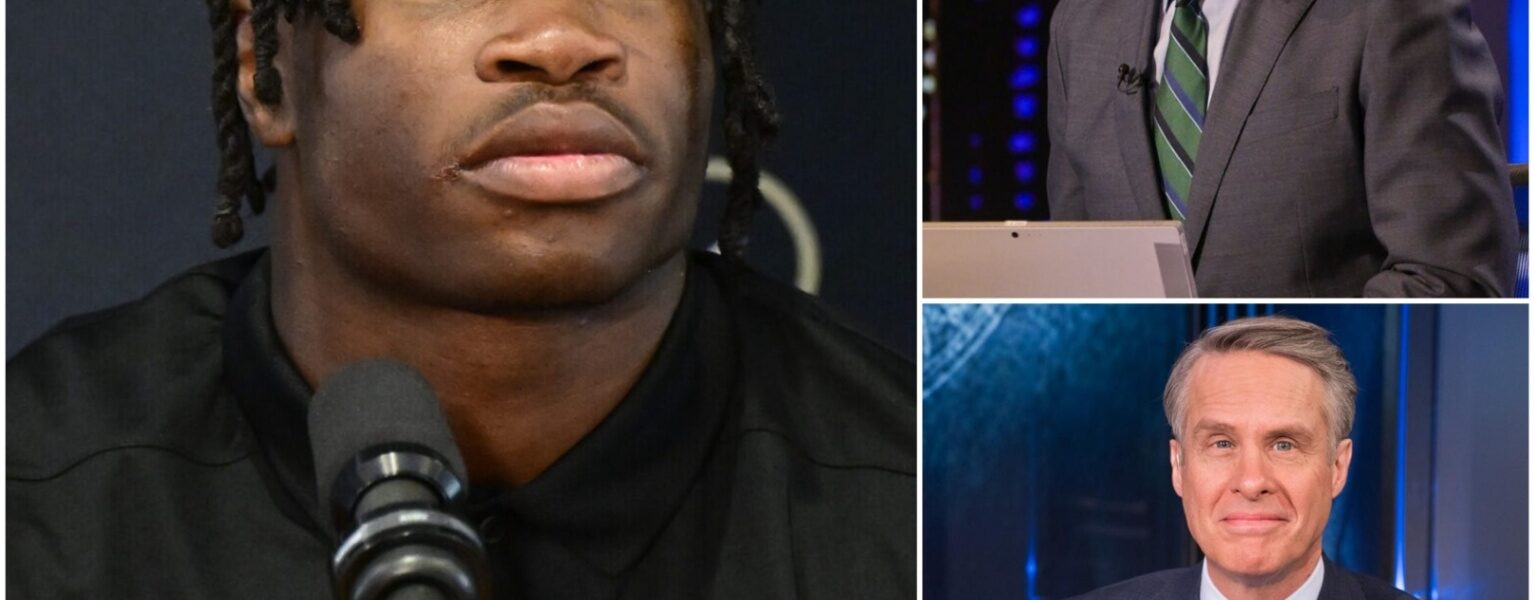
The Remark That Sparked a Firestorm
ABC Scrambles to Contain the Fallout

Viewers Divided, Nation Engaged
Rival Networks Smell Opportunity
Inside the Industry: Fear and Reflection
:max_bytes(150000):strip_icc():focal(499x0:501x2)/terry-moran-abc-news-060925-995c05d12dd242a98c36165595f8d15a.jpg)
Sanders’ Role Beyond Football
More Than a Hot Mic
What Comes Next?

Conclusion: The Mic Is Always Hot




